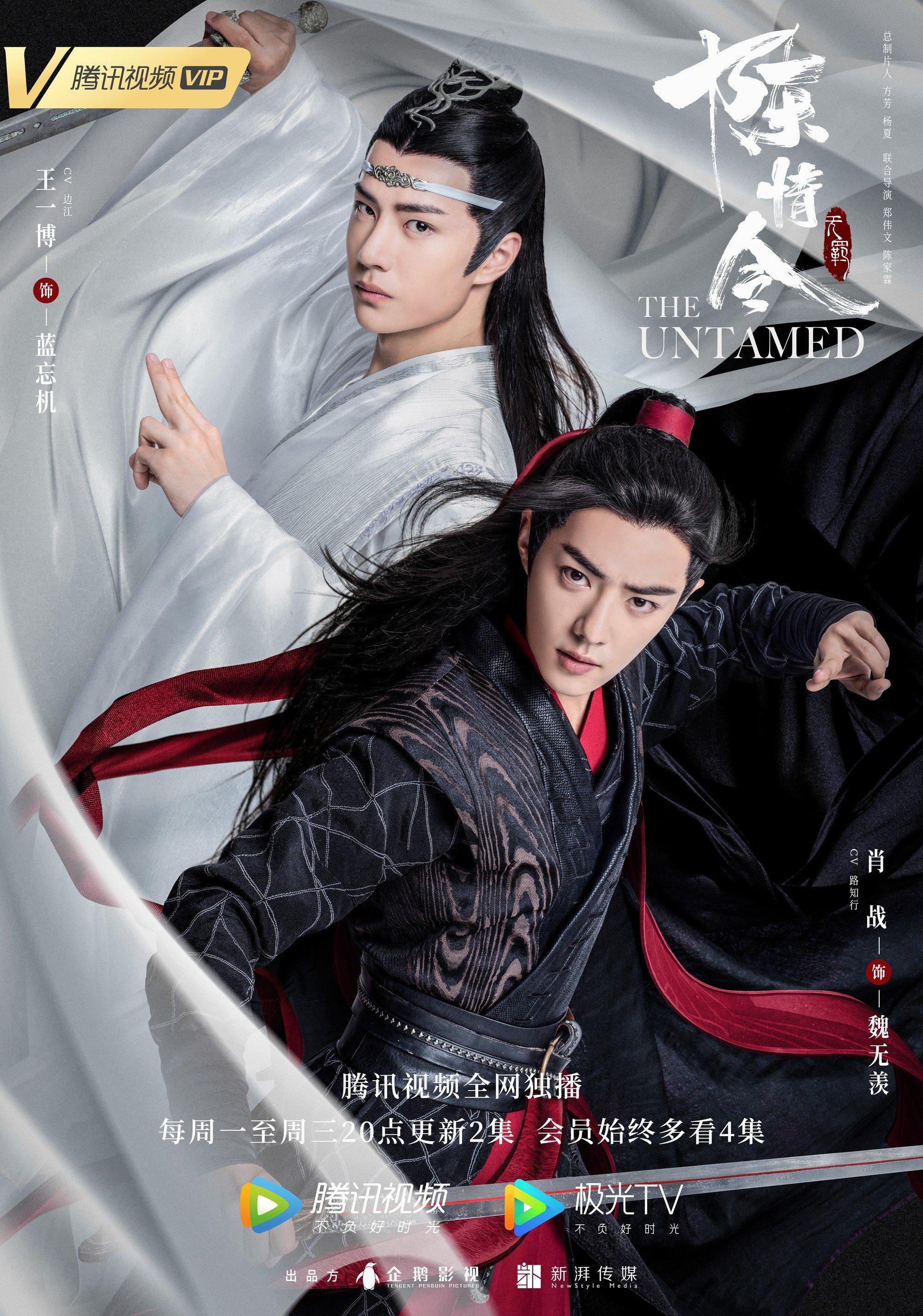Queer Representation in Chinese Censored Media
I wanted to take a look at how queer relationships and queer characters are
portrayed in censored media. At first I wanted to take a look at queer
censorship in general, but I decided to analyze China specifically since I had
several examples in mind.
I feel that this is important topic to highlight, because although queerness
is banned in Chinese media, it doesn’t mean that gay people don’t exist in
China.
In China, being gay was only decriminalised in 1997, and homosexuality was on
the official list of mental illnesses until 2001.
“But with same-sex marriage still illegal and Chinese authorities banning "abnormal sexual behaviors" from the media in 2016, the impression among many is that LGBTQ people are free to explore their identities — so long as they do so in private. (CNN)
In 2016, China had a major crackdown on media censorship. Censors released new laws, stating that “No television drama shall show abnormal sexual relationships and behaviours, such as incest, same-sex relationships, sexual perversion, sexual assault, sexual abuse, sexual violence, and so on.” This is in line with the consistent pairing of queerness with bad or evil.
No Happy Endings
Even before the major crackdown on queer media, there was an unspoken rule that even if queer couples were protrayed, there could be no happy endings. Partners were to be killed off or the “love” was supposed to be obsessive, unhealthy, even to the point of murder at some points. This was to associate queerness with misfortune, as if characters are punished for being gay.
This is when Addicted began to stream online. Addicted portrays a story of two
high school boys who try to forge a close relationship despite their social
differences and personal history.
But as the series began to gain popularity as a genuine, sweet high school
romance, censors went crazy over it. Addicted had aired three episodes weekly
until February 23, 2016, when it was banned by authorities. The series’
success brought attention to the topic of homosexuality in mainland China, and
has even gained a cult following.
Adapting to Censorship
Since producers can't blantanly portray gay or bisexual charcters, shows must resort to tropes, symbolism, and rework how queer relationships are visualized. Looking at a show like The Untamed, you can see how tropes and symbolism are used to display queer relationships.
Rabbits can be seen throughout The Untamed and are used to express the relationship between Wei Wuxian and Lan Wangji. In Chinese mythology, Tu'er Shen (Rabbit Deity) manages love in homosexual relationships. Rabbits are seen throughout the show. Wei Wuxian even asks Lan Wangji at one point if he likes rabbits, to which he responds 'yes'.







0 comments